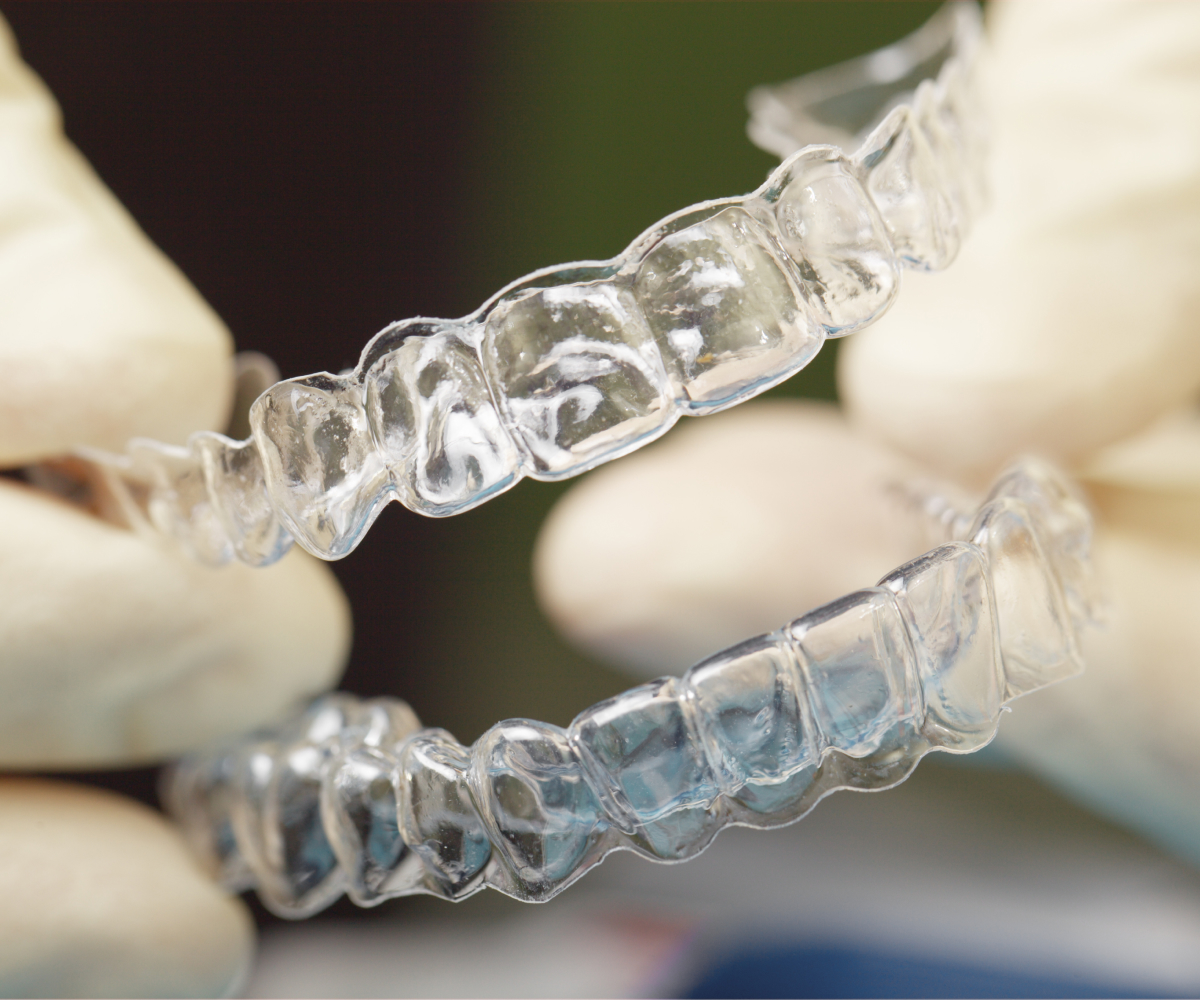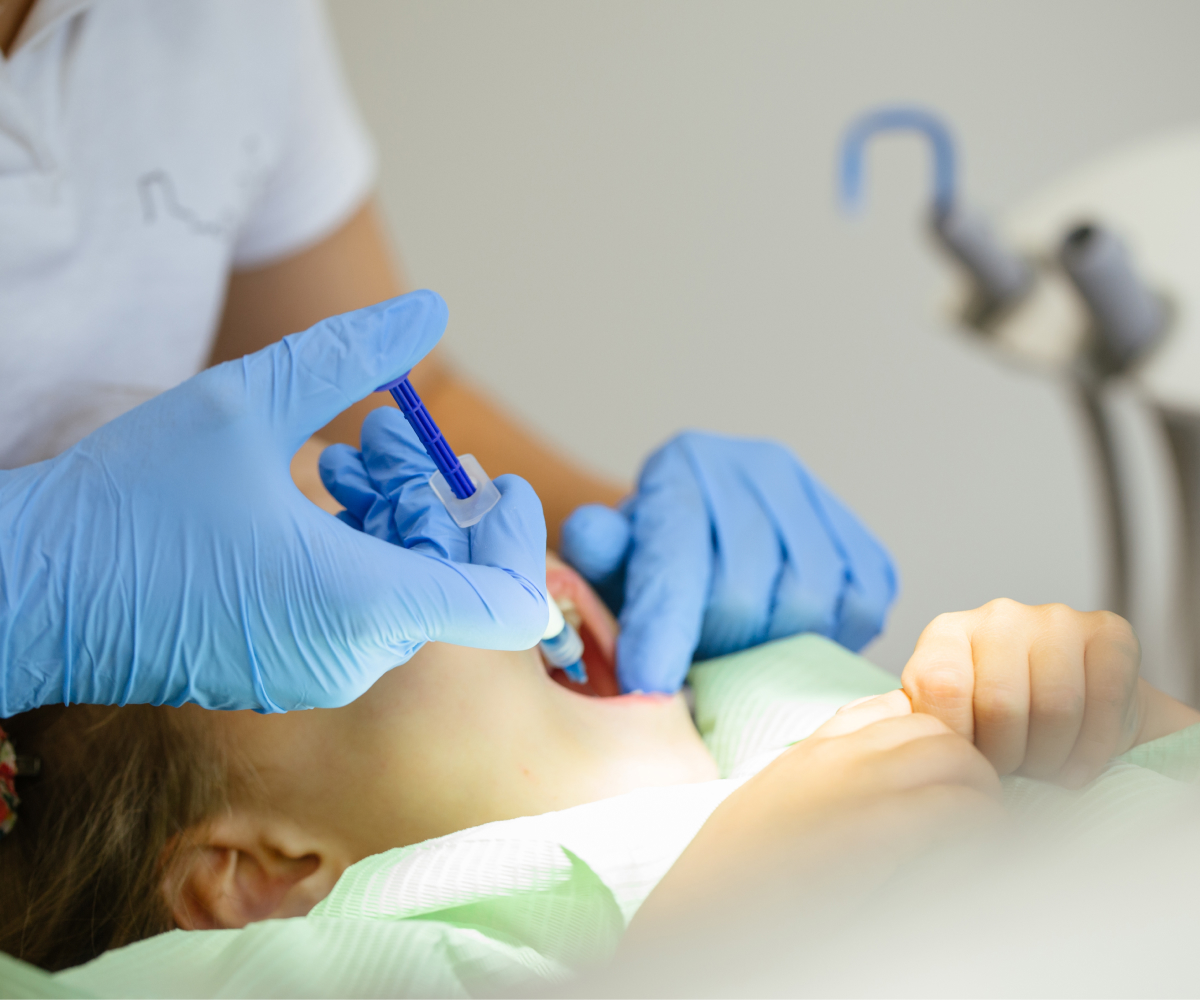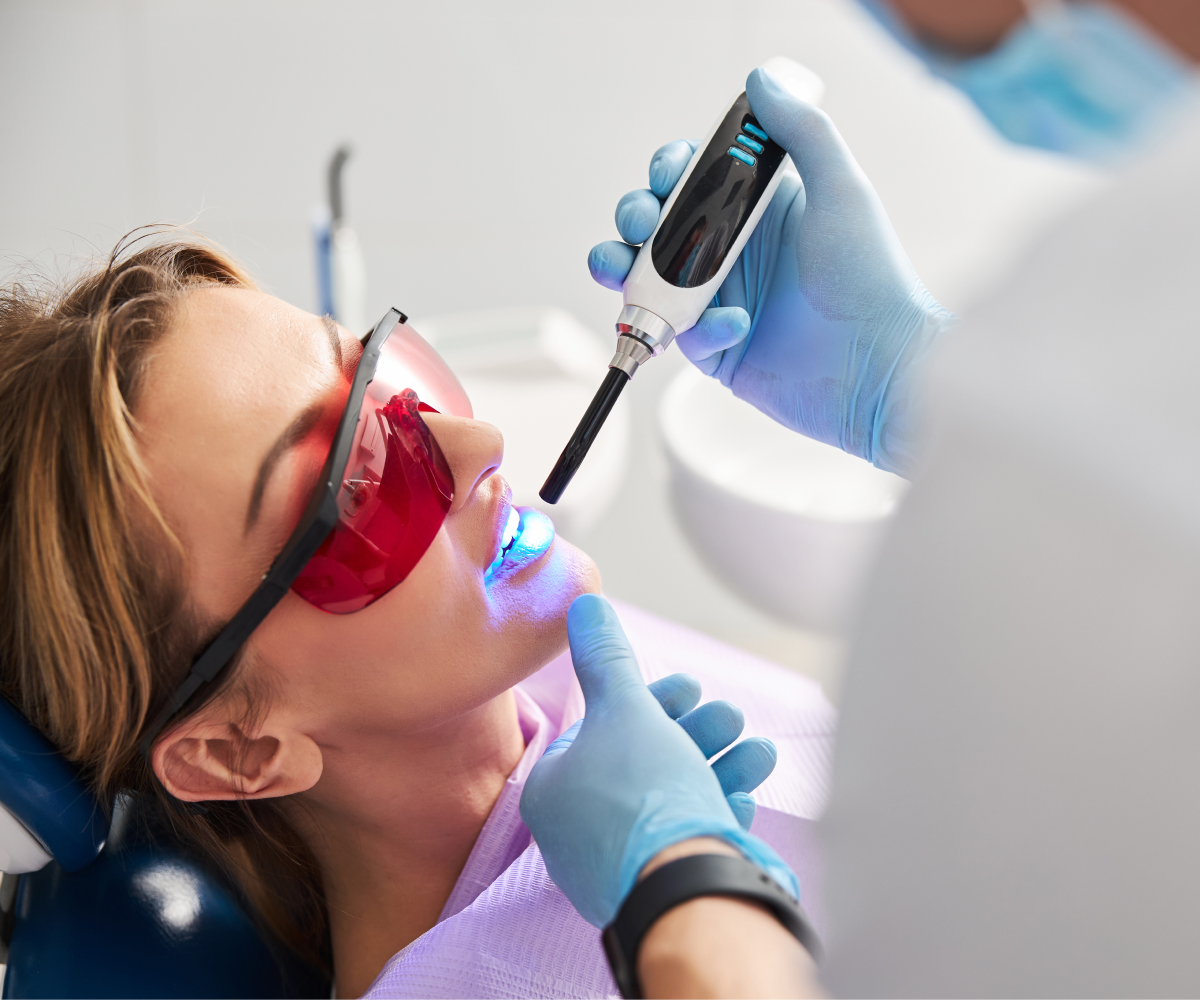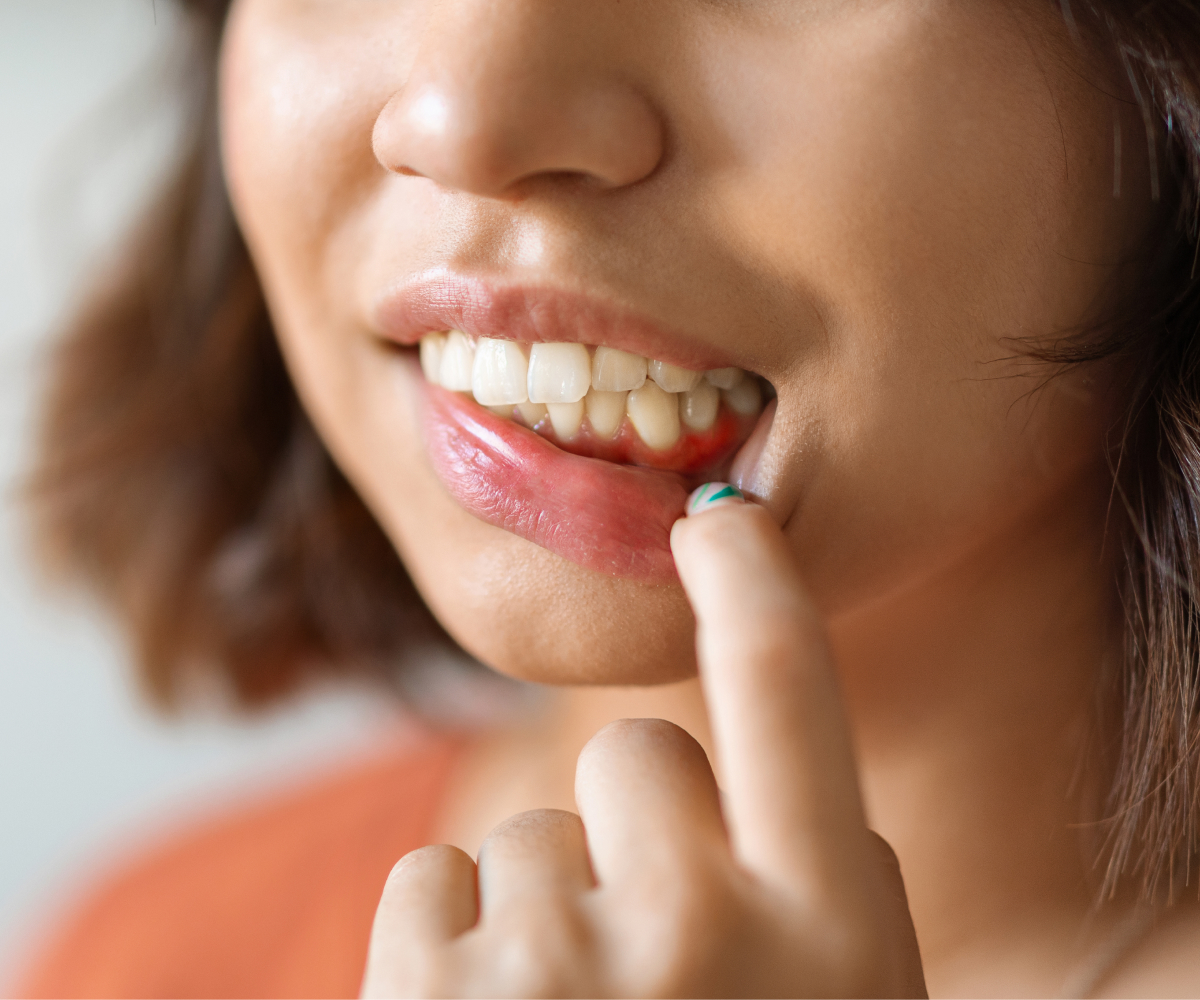Preventive Dentistry
We are here to help you preserve your oral health for years to come. Our preventive dentistry services include regular dental cleanings, sealants, and slowing or stopping tooth decay or other oral diseases in their early stages. Our goal is to keep you and your mouth as healthy and clean as possible so you can maintain your natural teeth for a lifetime.

Dental Hygiene
The health of your teeth and gums depends on a healthy bite and a mouth free from infection. At Studio Dentaire Montréal, we make your dental hygiene visits pleasant while maximizing your preventive care.
By examining the interdependent elements of the mouth, we can determine and monitor your oral health over time.
Our team will thoroughly examine:
- Teeth
- Gums
- Soft tissues
- Jawbone density
- Temporomandibular joint (TMJ)
- Glands
- Tongue
- Facial structures

Mouthguards
We offer mouthguards (also called night guards) to protect teeth from premature wear. Worn only at night, these professional-grade mouthguards can prevent jaw pain, dental damage, and even temporomandibular joint problems.
Many people unconsciously grind their teeth during periods of stress or while sleeping. When the teeth and jaws meet, the force can cause grinding and microfractures, leading to premature tooth wear.
Why choose a professional mouthguard?
We use several varieties of high-quality mouthguards depending on the patient's needs. Each mouthguard is tailored to your mouth to provide the best possible comfort. Over-the-counter 'boil-and-bite' mouthguards can result in bulky fits and inferior materials that may cause occlusal issues.
A quality mouthguard will not only protect your teeth but also provide peace of mind. Schedule a consultation with our team for this protective solution today!



Fluoride works in two ways:
Topical fluoride: strengthens teeth after they have erupted by seeping into the outer surface of the tooth enamel, making the teeth more resistant to decay. We get topical fluoride using fluoride-containing dental products such as toothpaste, mouth rinses, and gels.
Systemic fluoride: strengthens teeth that have erupted as well as those developing beneath the gums. Systemic fluoride comes from most foods and our community water supply. It's very important to monitor the amount of fluoride a child ingests. If a child consumes too much fluoride during tooth development, they may develop a condition called fluorosis (white spots on the teeth).
Fluoride Treatment
Fluoride is the most effective agent for preventing tooth decay. It is a mineral that occurs naturally in varying amounts in almost all foods and water sources. The benefits of fluoride have been well known for over 50 years and are supported by many professional and health organizations.
Dentists and dental hygienists generally recommend that children receive a professional fluoride application twice a year during dental check-ups.
While most people receive fluoride from their diet and water, it sometimes isn't enough to prevent decay. Your dentist or dental hygienist may recommend the use of fluoride treatments at home and/or professionally for the following reasons:
- Deep pits and fissures on the chewing surfaces of teeth
- Exposed and sensitive root surfaces
- Poor oral hygiene habits
- Frequent sugar and carbohydrate consumption
- Inadequate exposure to fluoride
- Reduced saliva flow due to medical conditions or treatments
- Recent history of tooth decay
Remember that fluoride alone cannot prevent tooth decay! It is important to brush at least twice a day, floss regularly, eat balanced meals, reduce sugary snacks, and visit your dentist regularly.
Fluoride works in two ways:
Warning: Undefined array key 6 in /home4/tcrldjmy/public_html/website_dffc5cfd/views/preventive.php on line 103
Warning: Undefined array key 7 in /home4/tcrldjmy/public_html/website_dffc5cfd/views/preventive.php on line 104

Sealants
A sealant is a thin plastic coating applied to the chewing surfaces of molars, premolars, and any deep grooves (known as pits and fissures) of teeth. More than 75% of dental decay begins in these deep grooves. Teeth with these conditions are difficult to clean and very susceptible to decay. A sealant protects the tooth by sealing deep grooves, creating a smooth, easy-to-clean surface. Sealants can protect teeth from decay for many years but need to be checked regularly during dental visits to ensure they are not worn or chipped.

Periodontal (Gum) Disease
The term 'periodontal' means 'around the tooth.' Periodontal disease (also known as periodontitis and gum disease) is a common inflammatory condition affecting the supporting and surrounding soft tissues of the tooth and, in more advanced stages of the disease, the jawbone itself.
Periodontal disease is most often preceded by gingivitis, which is a bacterial infection of the gum tissue. A bacterial infection affects the gums when toxins in plaque begin to irritate and inflame the gum tissues.
Periodontal disease is a progressive condition that leads to the destruction of connective tissue and jawbone. If left untreated, it can result in teeth shifting, loose teeth, and eventually, tooth loss. Periodontal diseases are the leading cause of tooth loss among adults in developed countries and should always be addressed promptly.
